
2017 Mercedes-Benz Metris Passenger Van


Key Specifications for 2017 Mercedes-Benz Metris Passenger Van






Buyer’s Guide
Over the past decade, Mercedes-Benz has solidified its position in the commercial van business with the Sprinter and is continuing to expand its market with the smaller Metris, which launched last year. Sold around the world as the Vito, the Metris Passenger Van was built with businesses operators in mind.
Mercedes-Benz pitches the Metris as a mid-sized van - size-wise, it's similar in length to a conventional minivan like the Honda Odyssey or Chrysler Pacifica, but stands 20 cm taller for easier ingress and egress. Its closest competitor, the Ford Transit Connect Wagon is around 20 cm shorter in overall length.
Although the Metris wears the prestigious three-pointed star on its hood, it is by no means a luxury vehicle. While well-assembled, priority is on durability and longevity rather than plushness and comfort. The standard commercial-grade suspension can easily handle loads of passenger and cargo of up to 850 kilos (1,874 lbs) and tow up to 2,267 kg (5,000 lbs), but the result is a ride that's not especially refined. A softer-sprung “Comfort” setup is optional.
Likewise, there is less sound insulation and soft-touch plastic trim than a regular minivan. You won't find luxuries like second-row heated seats, power-folding seats, a built-in vacuum cleaner, or a rear-seat entertainment system with HDMI ports on the options list. What you will, however, find is space for eight passengers across three rows, and thanks to a low bumper and floor and a high roof, tons of space for luggage.
While the Sprinter is available with turbodiesel power, the only powertrain option for the Metris is a 2.0-litre gasoline four-cylinder engine with direct injection. Its 208 horsepower and 258 lb-ft of torque give it a considerable edge in acceleration over the Transit Connect. A seven-speed automatic transmission is standard for smooth shifts. Cost-conscious operators should note that the Metris has 25,000 km service intervals, and it can also be equipped with an engine idle-stop system to save fuel. Unlike rival commercial small vans, the Metris is rear-wheel drive.
Standard equipment on the Metris Passenger Van is fairly basic; gray plastic bumpers, 17-inch steel wheels, manual sliding doors, and durable cloth fabric set the tone. Carpeting is an option, and the sliding doors are finished in exposed metal. Buyers can upgrade the van's appearance with painted bumpers and 17-inch alloy wheels with the Deluxe Appearance Package. The Luxury Interior Package dresses up the cabin with chrome interior accents, illuminated vanity mirrors, overhead lighting, door trim, and carpeting. Heated seats are optional, as are upgraded seats with lumbar support and storage nets. Per its commercial roots, the Metris can be upgraded with an auxiliary cabin heater and a heavy-duty air conditioning system to cope with extreme temperatures.
Impressively, the Metris is available with blind-spot monitoring, rain-sensing wipers, lane-keeping assist, and radar-based emergency autonomous braking. A rear-view camera and navigation are also available as standalone options.
The Metris Passenger Van starts at $38,900.
Photos




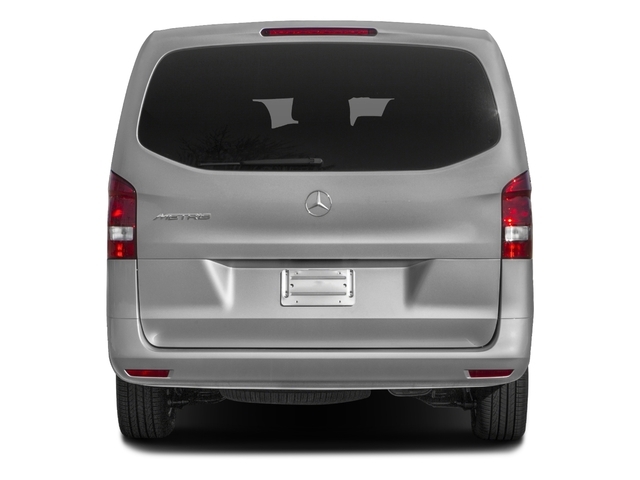
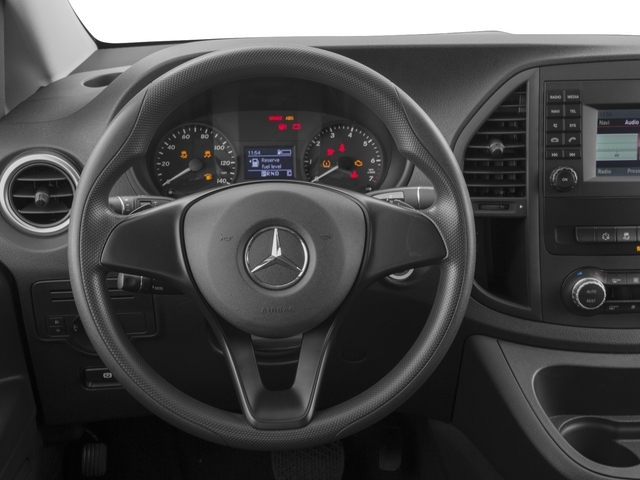
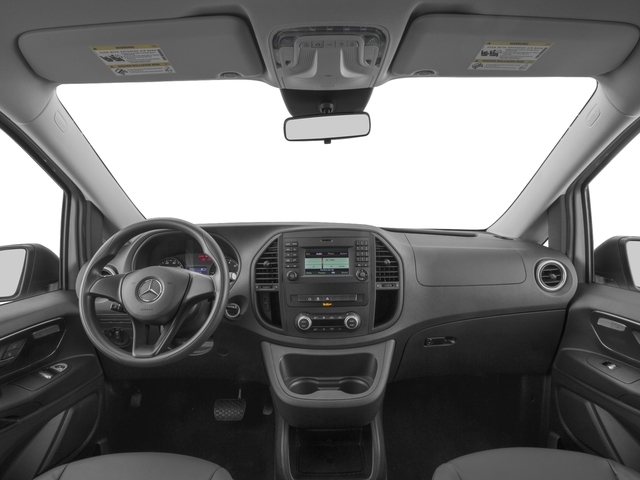
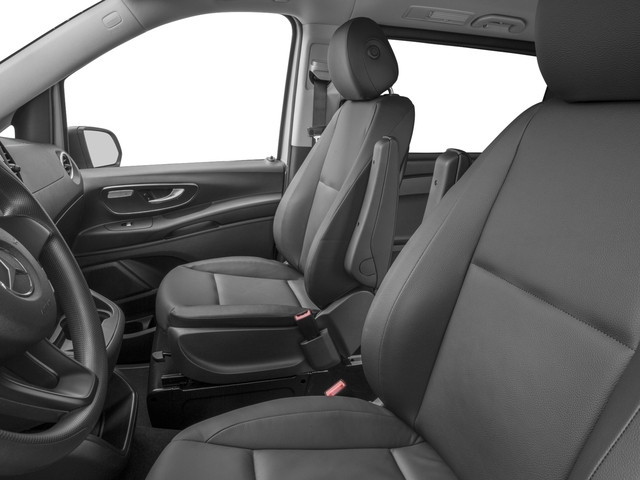
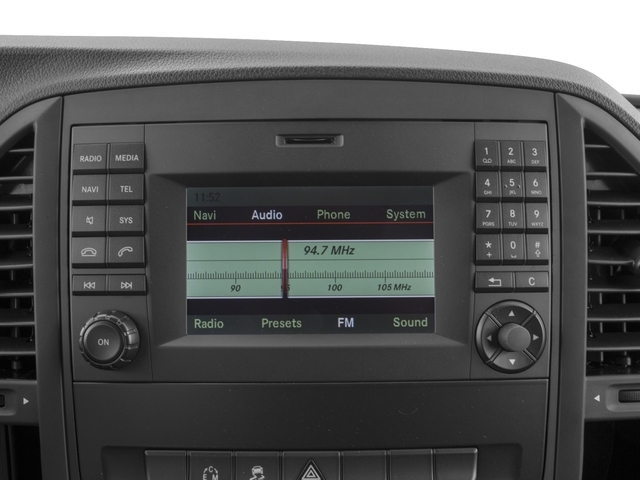
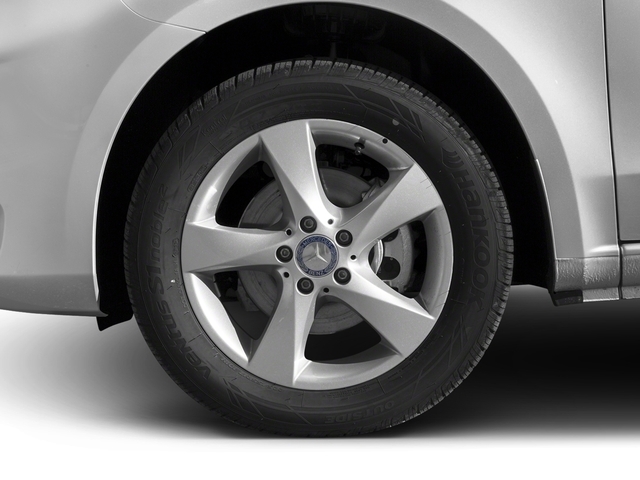
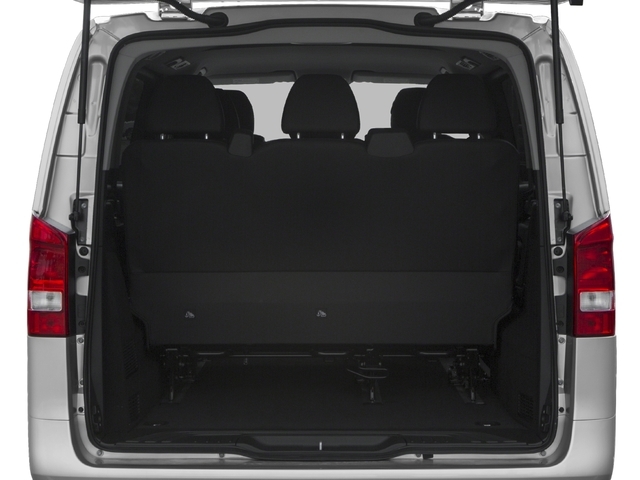
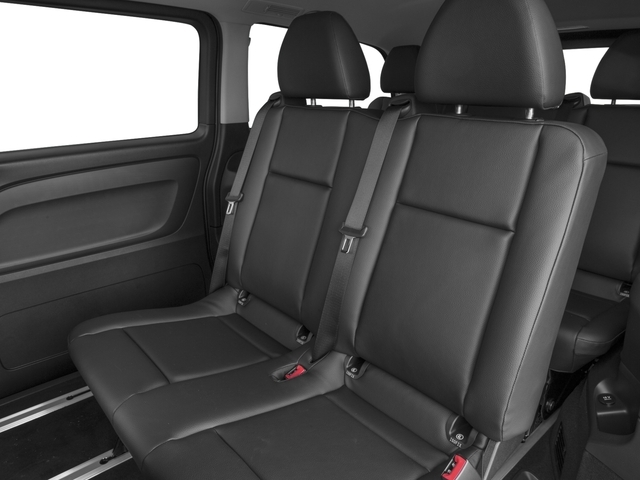
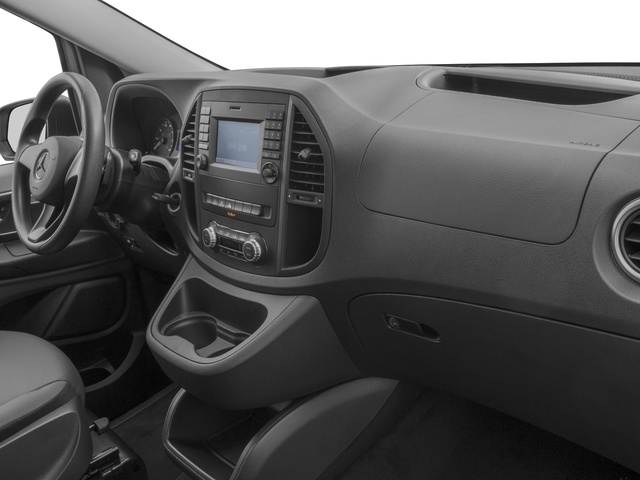
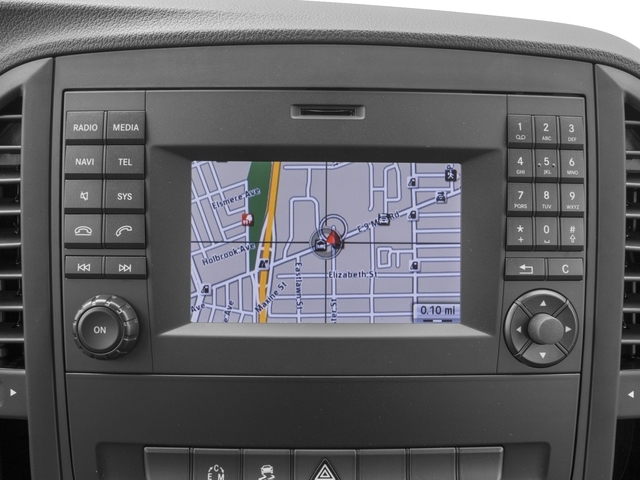














AutoTrader Review


This vehicle has not yet been reviewed
























